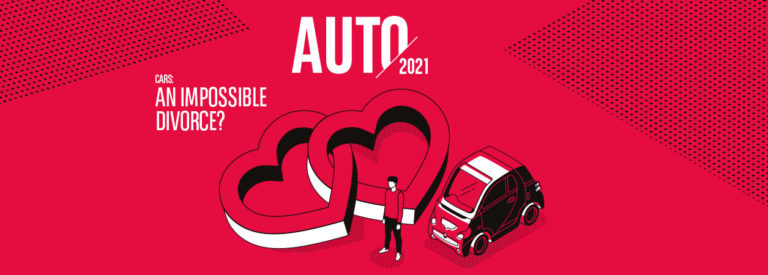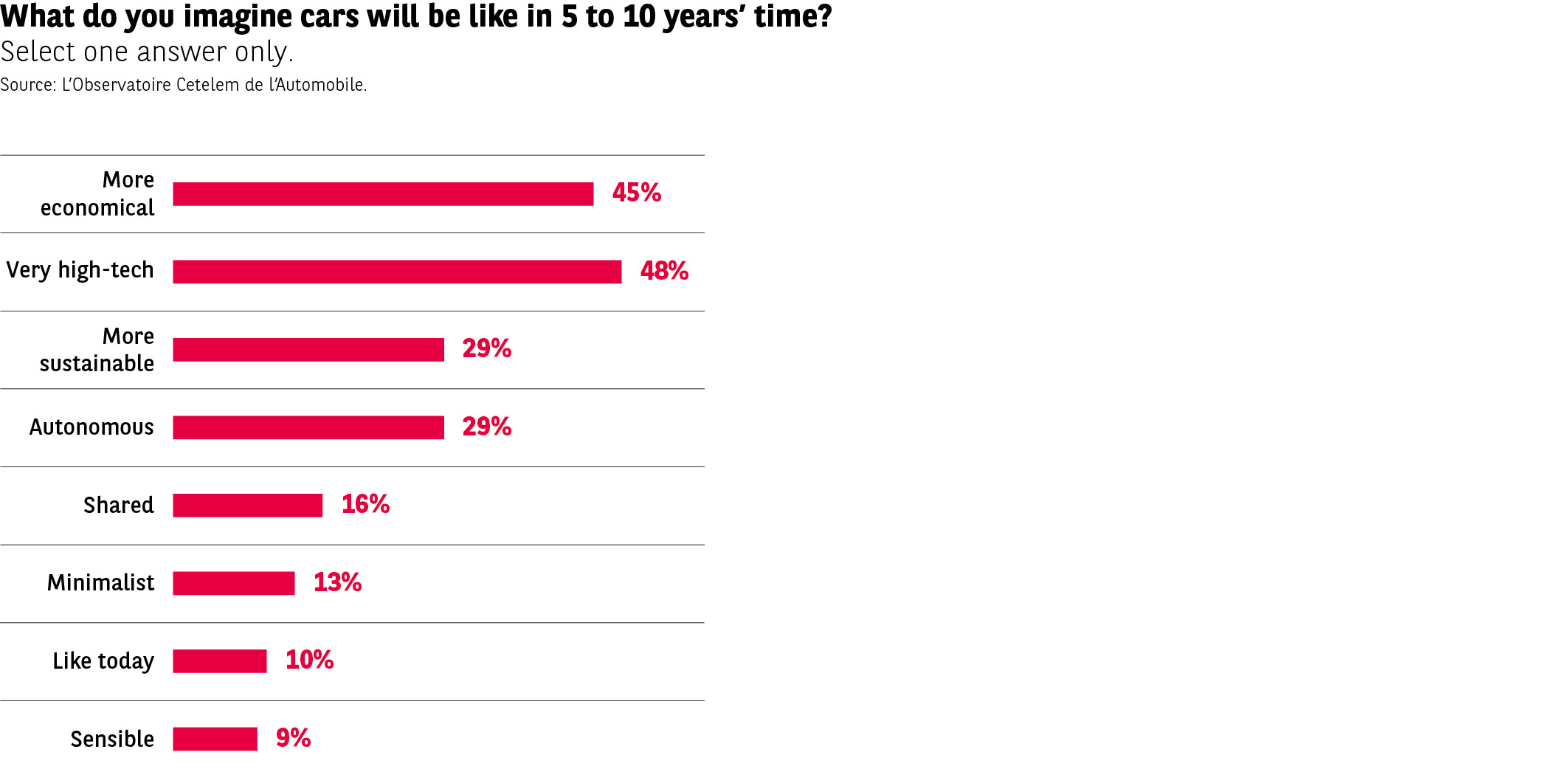And tomorrow?


While cars continue to divide opinion, the sector also remains divided about its own future.
On the one hand, we are seeing a proliferation of new safety, communication and entertainment features, as well as increasingly sophisticated powertrain and pollution control technologies, which have led to cars becoming larger and heavier. Thus, SUVs and premium models have tended to account for a growing proportion of global sales.
On the other hand, as our findings suggest, used vehicles are proving more and more popular. The low-cost market ceased to be a niche segment a long time ago. Lightweight motorised four-wheelers are becoming more common on our streets.
Debates that pit ecology against the economy often result in Manichean discussions around radically contrasting arguments.
But in real life, the issue is often less clear cut. Mobility, automobility and cars will continue to inhabit a more nuanced reality, even in a post-COVID-19 world.

